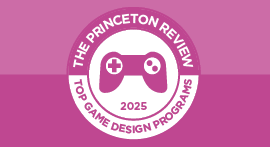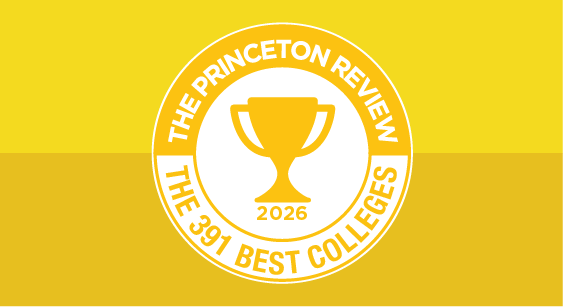Pharmacology
Overview
The American Heritage Dictionary defines Pharmacology as “the science of drugs, including their composition, uses, and effects.” Falling within the realm of pharmaceutical sciences, Pharmacology focuses on exactly how drugs work and what kinds of reactions certain drugs cause in our bodies. As a Pharmacology major you’ll gain a solid foundation in biology and chemistry. Most students then choose to pursue further education in graduate or medical school.
Your studies in Pharmacology should expose you to the molecular mechanics of a medication and the design and testing of new drugs. You might choose to focus on the clinical side of pharmacology, in which you’ll study drug dosage regimens and ways to improve treatment and minimize risk. You’ll learn about how different drugs interact, and which drugs treat certain diseases most effectively. With all of this knowledge, you could one day change the way medicine is practiced by inventing the drug that cures AIDS or the common cold.
- $30,600 Tuition
- 1060 Avg SAT
- 3,843 Enrolled
- $44,838 Tuition
- 1210 Avg SAT
- 41,234 Enrolled
- 5,666 Enrolled
- $38,250 Tuition
- 1240 Avg SAT
- 2,730 Enrolled
- 1240 Avg SAT
- 9,331 Enrolled
- 1040 Avg SAT
- 8,553 Enrolled
View All Pharmacology Schools
SAMPLE CURRICULUM
Biopharmacy
Fundamentals of Oncology
Insecticides and Herbicides
Medicinal Chemistry
Metabolism of Drugs and Toxins
Organic Chemistry
Pathophysiology of Blood
Pharmaceutical Administration
Pharmacokinetics
Physiology
Principles and Methods of Toxicology
Receptorology
Risk Assessment Methodologies
HIGH SCHOOl PREPARATION
GRADUATE PROGRAMS & CAREERS
Explore Colleges For You
Connect with our featured colleges to find schools that both match your interests and are looking for students like you.
Top Schools for Game Design
Ready to create the next great app? Launch your gaming career at one of these top 50 programs.
Best 391 Colleges
170,000 students rate everything from their professors to their campus social scene.
Get Started on Athletic Scholarships & Recruiting!
Join athletes who were discovered, recruited & often received scholarships after connecting with NCSA's 42,000 strong network of coaches.



